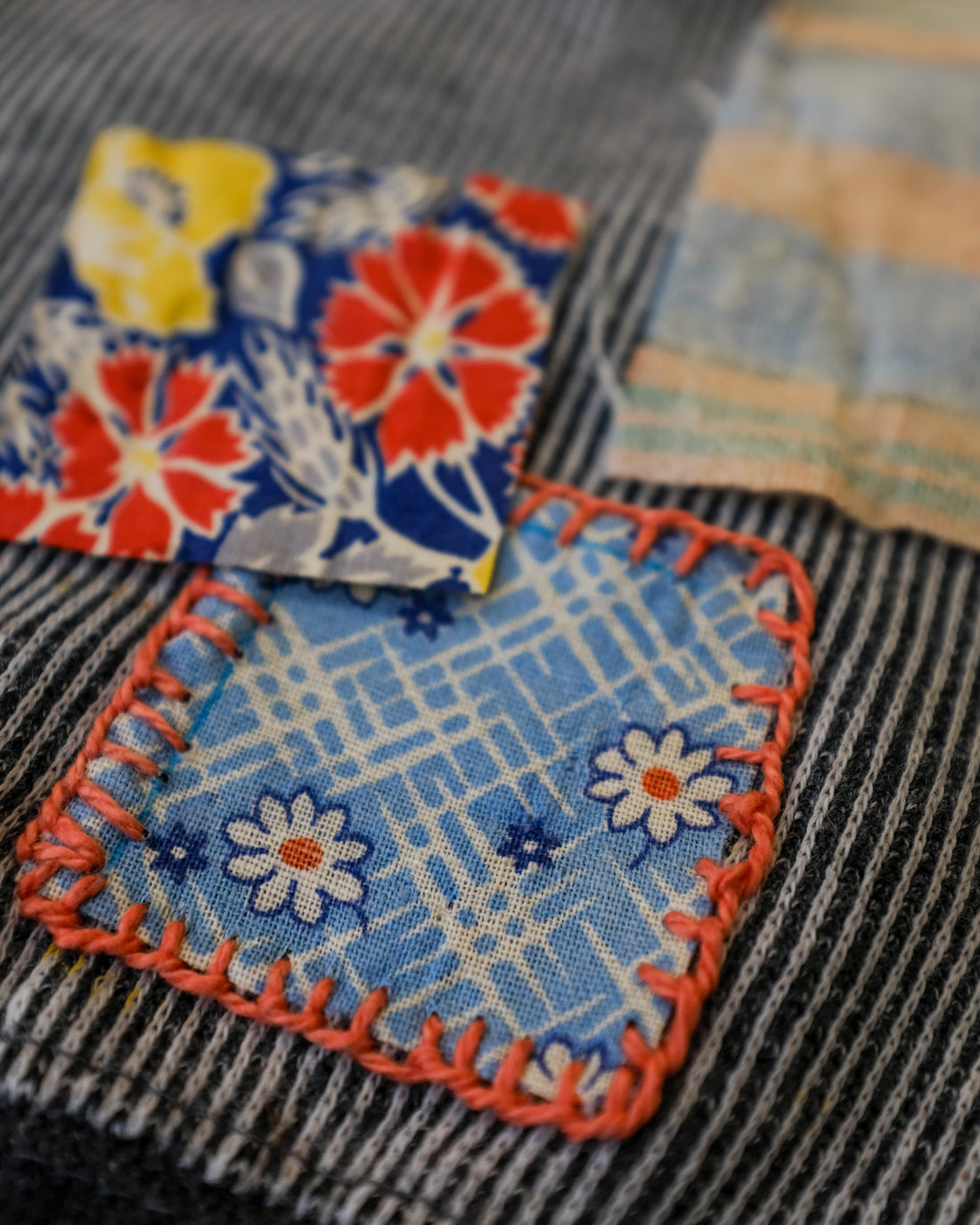As we navigate the complexities of modern life, it's easy to get caught up in the whirlwind of consumption. We're constantly bombarded with advertisements, social media influencers, and the latest trends, all vying for our attention and our wallets. But amidst this sea of stimulation, we often overlook the staggering impact that our consumption habits have on the planet.
In the fashion industry, overconsumption is a particularly pressing issue. With an estimated 12.8% of global greenhouse gas emissions attributed to the production and distribution of clothing, it's clear that our addiction to fast fashion is having a devastating effect on the environment.
In this article, we'll delve into the complexities of overconsumption, exploring the root causes of our consumption habits and the devastating consequences they have on our planet. We'll also examine the ways in which we can change our approach to fashion, adopting more sustainable practices that prioritize people, planet, and profit.
The Problem of Overconsumption
Overconsumption is a pervasive issue that affects not only the fashion industry but also every aspect of modern life. From food waste to electronic junkyards, our society is built on a culture of disposability and excess. But what drives this behavior?
- Social media: Social media platforms have created a culture of instant gratification, where we're constantly bombarded with images and messages telling us to buy, buy, buy.
- Marketing tactics: The fashion industry is notorious for its clever marketing strategies, designed to manipulate our emotions and drive sales.
- Fast fashion business model: The fast fashion business model is based on producing cheap, trendy items quickly and cheaply, with no regard for sustainability or environmental impact.
- Lack of education: Many consumers lack education on sustainable fashion practices and the environmental impact of their purchases.
The Environmental Consequences of Overconsumption
The consequences of overconsumption are far-reaching and devastating. From pollution to waste management, the environmental impact of our consumption habits is staggering.
- Textile waste: An estimated 12% of global carbon emissions come from textile production, with most clothing ending up in landfills or incinerators.
- Water pollution: The production and dyeing of textiles require massive amounts of water, leading to water pollution and scarcity.
- Microplastics: Synthetic clothing releases microplastics into the environment, contributing to pollution and harm to marine life.
- Climate change: The production and distribution of clothing contribute to greenhouse gas emissions, exacerbating climate change.
The Human Cost of Overconsumption
Overconsumption also has devastating consequences for human well-being.
- Exploitation: The fast fashion industry relies on exploitation, with workers often subjected to poor working conditions and low wages.
- Psychological impact: The pressure to conform to societal beauty standards can lead to mental health issues such as anxiety and depression.
- Economic inequality: The perpetuation of fast fashion perpetuates economic inequality, as those who can afford it are more likely to consume more.
The Quest for Sustainable Fashion
So how can we change our approach to fashion? Here are some ways in which we can adopt more sustainable practices:
- Buy secondhand: Buying secondhand clothing reduces waste and extends the life of existing garments.
- Invest in quality over quantity: Prioritize investing in high-quality items that will last for years to come.
- Shop sustainably: Choose brands that prioritize sustainability, transparency, and ethical practices.
- Rent or share clothing: Clothing rental services offer an alternative to buying new clothes.
- Support circular economy initiatives: Support initiatives that promote recycling, upcycling, and repurposing of clothing.
Conclusion
Overconsumption is a pervasive issue that affects not only the fashion industry but also every aspect of modern life. By understanding the root causes of our consumption habits and adopting more sustainable practices, we can work towards a more sustainable future.
In conclusion, we must recognize that our consumption habits are not just a personal choice but have a significant impact on the environment and human well-being. By adopting sustainable practices and supporting sustainable brands, we can work towards a more circular economy that prioritizes people, planet, and profit.
So what can you do today?
- Start by making small changes in your daily life, such as buying secondhand or investing in high-quality items.
- Educate yourself on sustainable fashion practices and the environmental impact of your purchases.
- Support initiatives that promote sustainability and ethical practices in the fashion industry.
- Encourage your friends and family to join you in making sustainable choices.
Together, we can create a more sustainable future for all.

